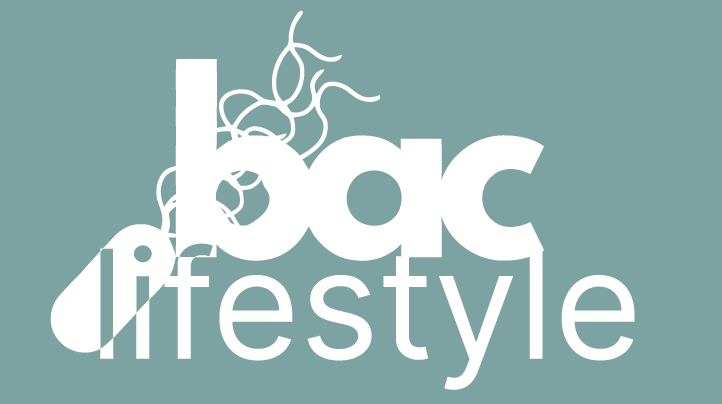Our recent work has represented a significant advancement in the study of biofilm biology in P. putida, which has enabled the characterization of a complete transcriptional cascade connecting nutritional state detection with biofilm formation and dispersion. This cascade also connects the regulation of flagellar mobility and sessile lifestyle, along with the identification of a large number of regulatory elements potentially involved in controlling the biofilm development cycle. Additionally, we have developed new experimental tools, including an ordered library of promoters related to biofilms that may aid in identifying new regulatory relationships in future studies on biofilm development, and a simple method for monitoring biofilm growth in multi-well plates.
Objective 1: Characterization of the regulatory network and signal transduction for biofilm development in P. putida. In this project, we aim to deepen the characterization of the regulatory network and signal transduction controlling the biofilm development cycle in P. putida. To this end, we will combine mutant characterization, including qualitative and quantitative evaluation of biofilm growth and other biofilm-related phenotypes, with gene expression analysis, including large-scale screening of our promoter library and detailed characterization of selected promoters. We expect these analyses to expand on our previous results and help clarify the regulatory and signal transduction events directing transitions between different stages of biofilm development.
Objective 2: Development of P. putida strains for industrial catalysis based on biofilms. With this objective, we aim to advance our project in the field of biotechnological applications. To achieve this, we will leverage some of the tools and knowledge gained from our previous experience and apply them to develop new P. putida strains with selected characteristics desirable for use as a platform for industrial biocatalysis processes based on biofilms. These characteristics include robust biofilm growth, stress tolerance, limited production of exopolysaccharides, and efficient substrate self-dispersal. Expected results.
With this project, we seek to expand current knowledge of the factors and mechanisms involved in the physiological regulation of biofilm development in P. putida. We hope to discover new factors and regulatory pathways and clarify their roles in biofilm biology. These studies will also provide us with new tools for developing strains with appropriate characteristics for industrial use, such as robustness in biofilm formation even under conditions favoring its dispersion, increased solvent and other toxic product tolerance, or reduced exopolysaccharide production.


